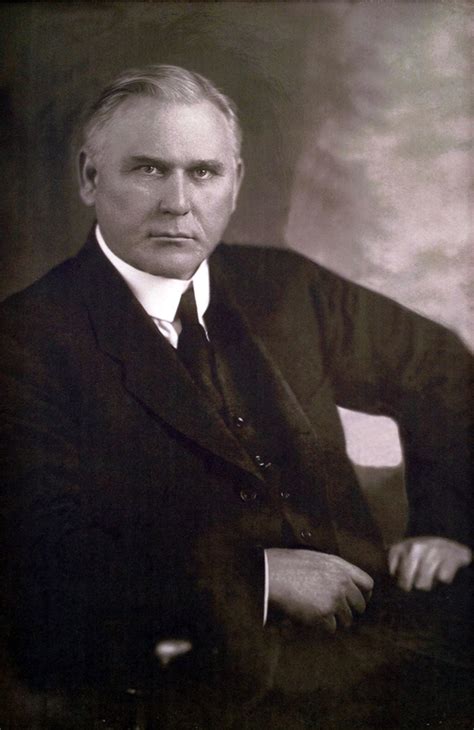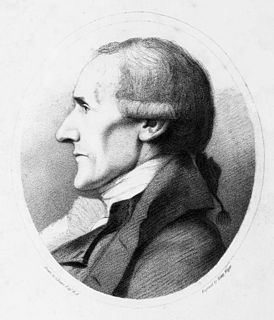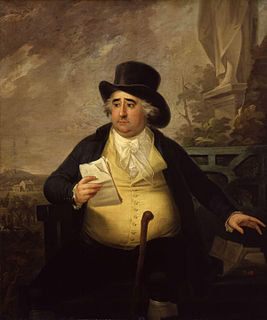A Quote by George W Truett
Our contention is not for mere toleration, but for absolute liberty. There is a wide difference between toleration and liberty. Toleration implies that somebody falsely claims the right to tolerate. Toleration is a concession, while liberty is a right. Toleration is a matter of expediency, while liberty is a matter of principle.
Related Quotes
The lessons of religious toleration - a toleration which recognizes complete liberty of human thought, liberty of conscience - is one which, by precept and example, must be inculcated in the hearts and minds of all Americans if the institutions of our democracy are to be maintained and perpetuated. We must recognize the fundamental rights of man. There can be no true national life in our democracy unless we give unqualified recognition to freedom of religious worship and freedom of education.
How any human being ever has had the impudence to speak against the right to speak, is beyond the power of my imagination. Here is a man who speaks-who exercises a right that he, by his speech, denies. Can liberty go further than that? Is there any toleration possible beyond the liberty to speak against liberty-the real believer in free speech allowing others to speak against the right to speak?
Toleration is not the opposite of intoleration, but it is the counterfeit of it. Both are despotisms. The one assumes to itself the right of withholding liberty of conscience, and the other of granting it. The one is the pope, armed with fire and fagot, and the other is the pope selling or granting indulgences.
Persecution always says, 'I know the consequences of your opinion better than you know them yourselves.' But the language of toleration was always amicable, liberal, and just: it confessed its doubts, and acknowledged its ignorance ... Persecution had always reasoned from cause to effect, from opinion to action, [that such an opinion would invariably lead to but one action], which proved generally erroneous; while toleration led us invariably to form just conclusions, by judging from actions and not from opinions.
Anarchism is for liberty, and neither for nor against anything else. Anarchy is the mother of co-operation, yes, just as liberty is the mother of order; but, as a matter of definition, liberty is not order nor is Anarchism co-operation. I define Anarchism as the belief in the greatest amount of liberty compatible with equality of liberty; or, in other words, as the belief in every liberty except the liberty to invade.
The distinguishing part of our constitution is its liberty. To preserve that liberty inviolate, is the peculiar duty and proper trust of a member of the house of commons. But the liberty, the only liberty I mean, is a liberty connected with order, and that not only exists with order and virtue, but cannot exist at all without them. It inheres in good and steady government, as in its substance and vital principle.






































